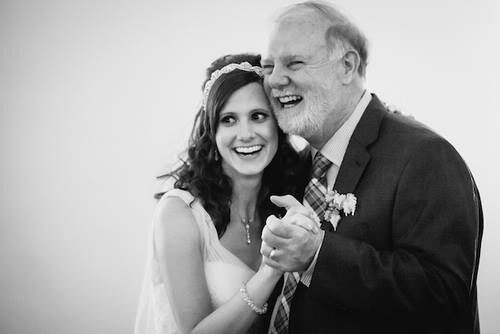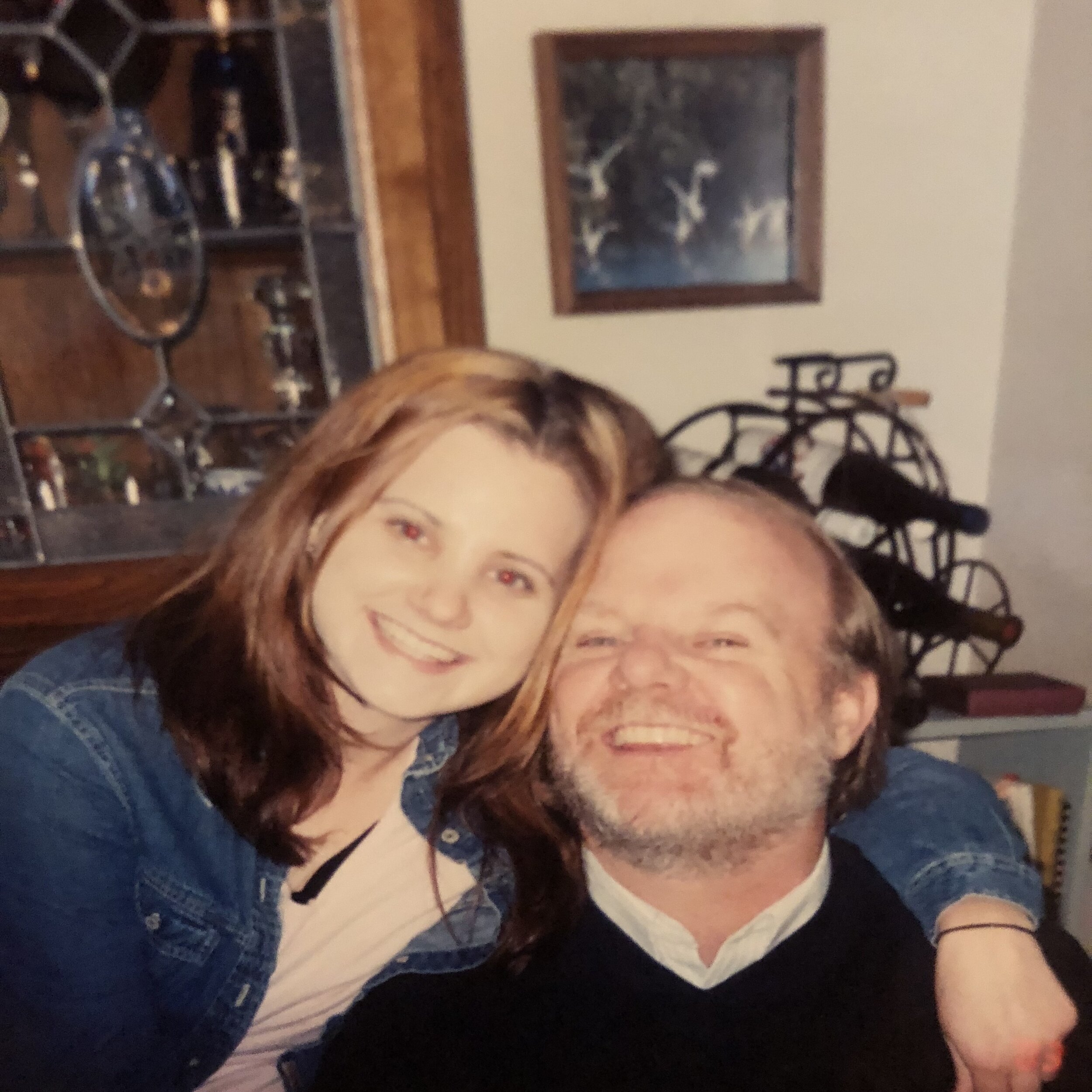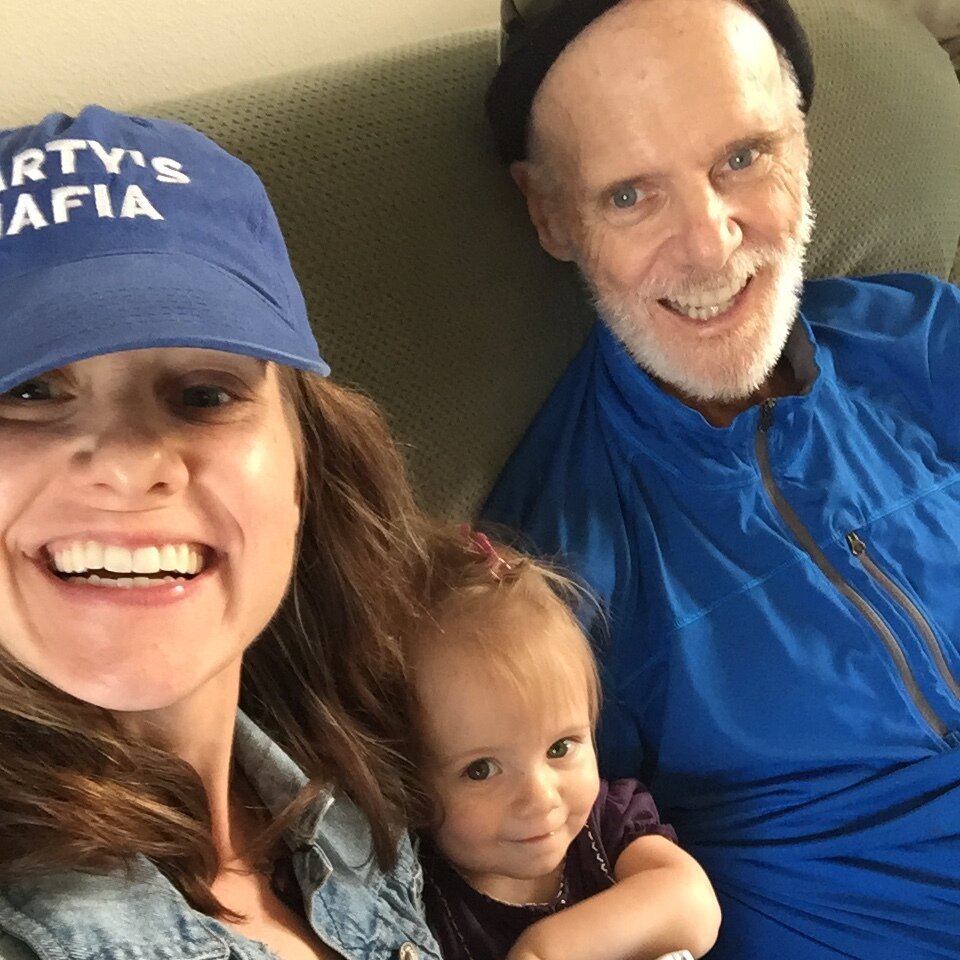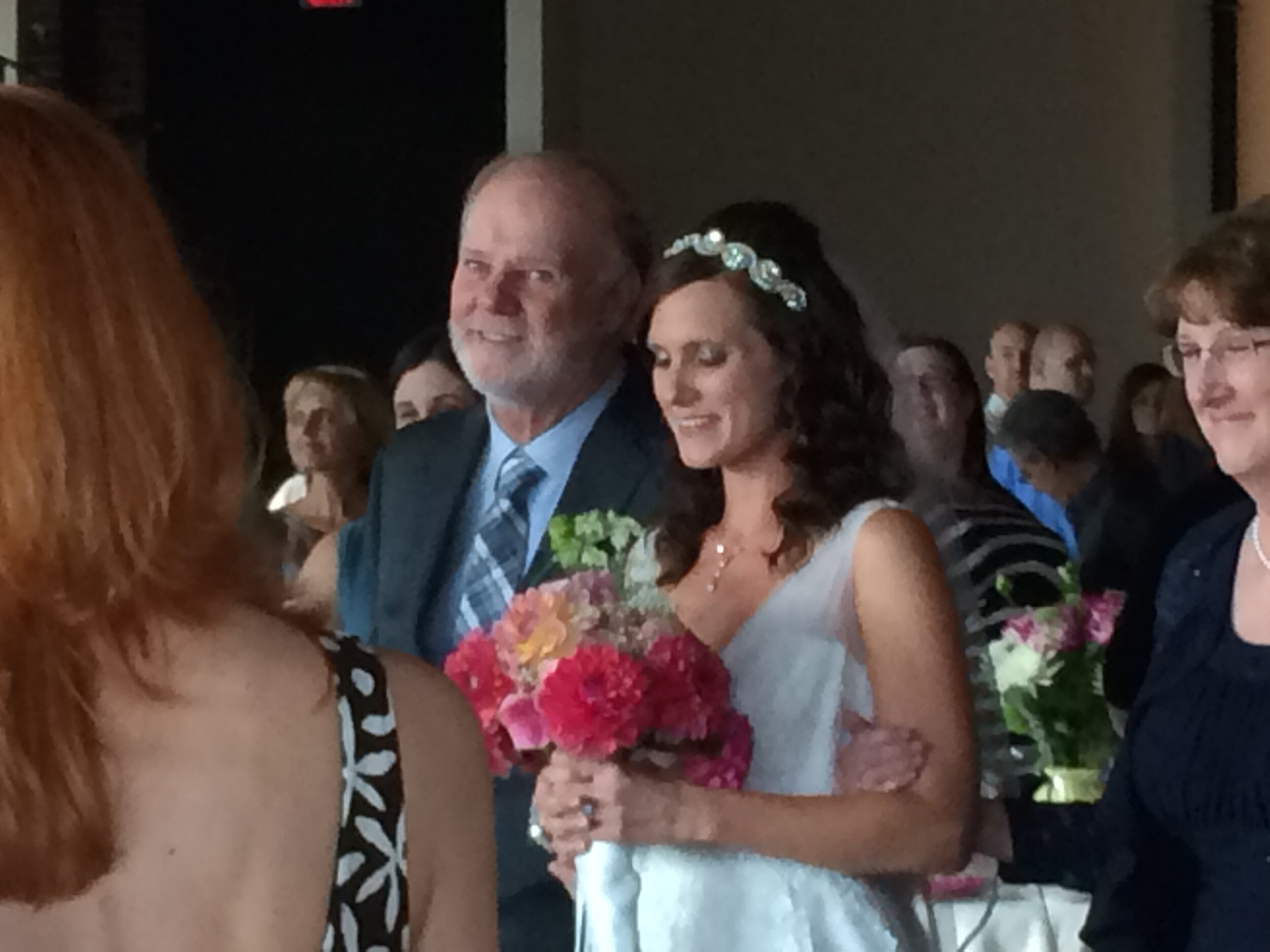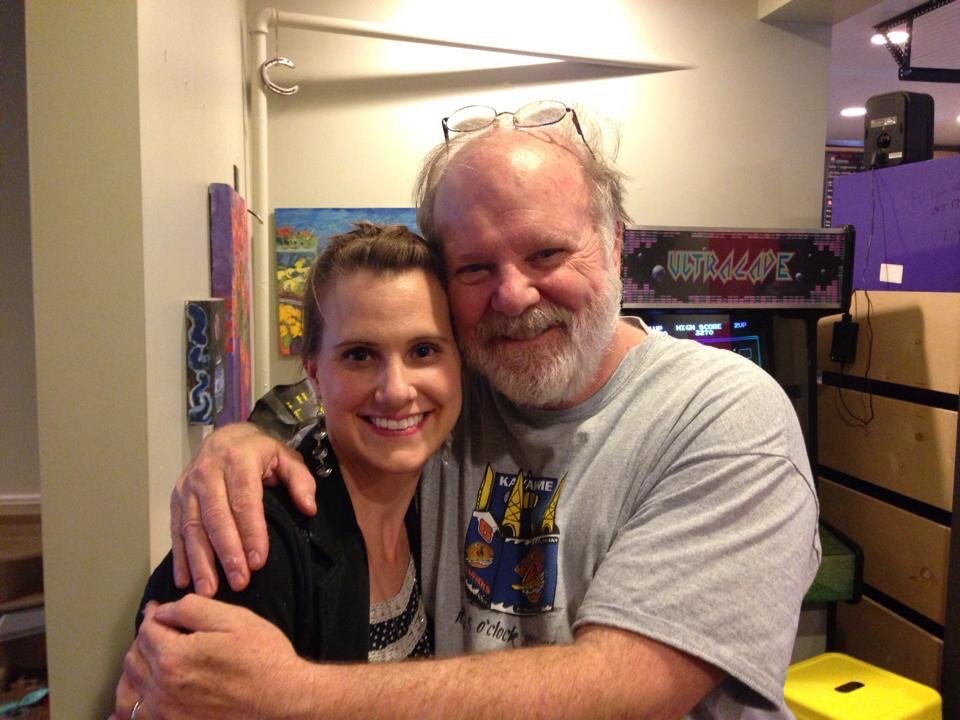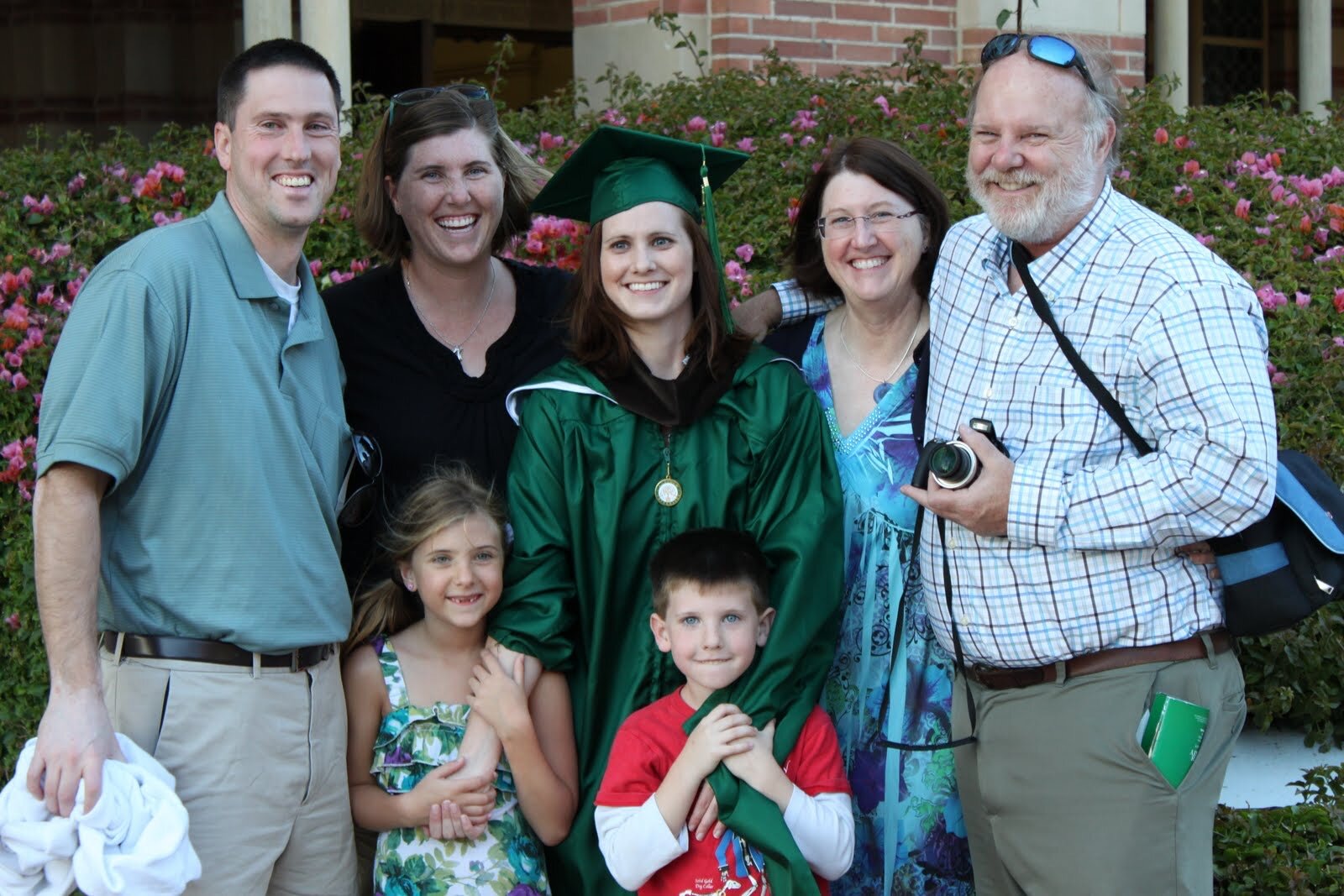lately I’ve noticed a juxtaposition between the people who are struggling and those who are sailing through this pandemic. On one hand it seems like my social media timelines are filled with death announcements: another person posting about another loved one who just died. Or they’re watching someone who is sick. Or they themselves are sick. Or they’re out of work. Or they’re home with a house full of children while trying to keep working. Or they’re home alone, maybe widowed, and painfully lonely. There is so much going on right now for so many people.
On the other hand, there are a lot of people who are not directly impacted by this virus in a way that makes their lives significantly worse (I’m one of these people). Maybe they were easily able to transition from commuting to working from home. Maybe they have access to online educational tools that make helping their kids learn from home relatively easy. Maybe they have a house full of groceries and everyone is healthy and their biggest concern is that this whole situation is really quite boring.
I think that what makes me so uncomfortable is noticing people from this latter group either offer cringey platitudes or silver linings, or offer nothing at all beyond oblivion. There, nestled amongst the fat-phobic oh-my-God-I’m-eating-so-much-in-quarantine memes, the jokes about hoarding toilet paper, and the pictures of another lockdown Happy Hour, are the messages that concern me the most: the ones where people say that in the scheme of things, all of this isn’t really that bad. That, in fact, there is so much good coming out of all this (And of course there are good things – less pollution, virtual communities rallying around each other, and generous sprinklings of human decency are all good things!) that what we should really do, at this moment, is look around and be grateful. Look around and notice all the beauty.
Everyone has a hill they’re willing to die on and what I’ve discovered over the past few years is that my hill is this: STOP TELLING GRIEVERS TO BE GRATEFUL. Stop telling people in the midst of watching a loved one die to take some deep breaths and notice the sunset. Stop telling them that even when things are bad, there is so much good. Stop telling someone who just lost her job that things will get better soon when there is no evidence to support this assertion. Stop telling someone in the thick of a shit storm that at least he’s not [whatever situation you deem worse than the one he’s actually in].
Part Two of my hill: GRIEF AND GRATITUDE DO NOT CANCEL EACH OTHER OUT. A person can be grateful AND grieving. Gratitude is not the antidote to grief. We do not need to remind grieving people to be grateful. A grieving person already IS grateful for their person and all they shared together – that’s why it hurts so much to grieve them. A grieving person may be grateful for many other things too, including those lovely sunsets and the kindness of others. This does not take away their grief.
After my dad’s death, the word “lucky” was suggested to me more times than I can count. People really, really, really wanted me to know that I was lucky I shared time on this earth with my dad for 36 years. I was lucky he attended all my graduations; I was lucky he danced the father-daughter dance with me at my wedding. I was lucky he was around when my daughter was born. I was lucky he spent almost two years with her. After my dad died, I was one lucky person.
And I was! I am! I’m lucky that I had two parents for 3.5 decades. I’m lucky that I witnessed my parents’ happy and functional forty-five-year marriage. I’m lucky that my sister and I were adults when he died. I’m lucky for all the years of phone calls, vacations, texts, cards, holidays, meals, hugs, laughs, celebrations and hard times we shared together.
I’m lucky I’ve always lived a privileged life, the type of life that can come easily to someone who is white, middle-class, heterosexual and cisgender.
I’m lucky (and extremely privileged) that with the help of scholarships and grants, I was able to attend two private liberal arts colleges, spend a semester studying abroad in London, and go on to get my master’s degree. I’m lucky for all the years I’ve worked as a freelance writer as well as all the time I’ve spent at home with my daughter while my husband works full-time.
I’m lucky I spent even one day with my dad. I’m lucky he didn’t die when I was a child, teenager, or in my twenties. I’m lucky I had the kind of dad who was always there for me, who always sensed when something was wrong, who gave me bear hugs and made me laugh and was always the one I wanted to go cry to after a breakup or other mishap. I’m lucky I had a devoted dad who was invested in everything I did. I’m lucky for all his home-cooked meals and all his gentle advice. I’m lucky for all I inherited from him: my love of writing as well as my love of ramekins. I’m lucky for the joy he exuded and the compassion he taught. I’m lucky for every moment I spent with him.
And yet. And yet. And yet. Why are we so adamant about telling grievers how lucky they are? I don’t know what the true intention is in each particular scenario, but it’s one of those things that always, for me, feels like grief suppression. As in: Stop feeling sorry for yourself. Look around and be grateful. But gratitude and grief do not cancel each other out. And telling a griever to focus on their gratitude or their luck feels an awful lot like telling them not to grieve.
Is there any way to all get on the same page and agree that when someone you love dies, this is a real and true worst-case scenario? Is there any way that, when this happens to someone we love, we could just let them be sad and angry and heartbroken about it? Without telling them how lucky they are? Without telling them how grateful they should be? Without telling them everything will be okay or get better? Without looking for every possible positive thing and just letting the experience be as difficult and painful as it really is?
Maybe this is an ungrateful response, but for me: Nothing feels more minimizing than being told, right after losing my favorite person on this earth, how lucky I am. I know I am lucky and also: That’s not the point right now. Right now my person is dead and there’s nothing lucky about that.
I’m glad that spending all this time at home is not a hardship for everyone. It’s not a hardship for me, and for that I am — wait for it — grateful. But the idea that EVERYONE should be grateful right now? That my friend who watched his dad’s funeral via Zoom or my friend who lost her job of 25 years or my friend who is now both a virtual teacher to a classroom of students AND a homeschool teacher to three kids of her own should feel grateful? I don’t think so.
I remember those days and weeks after my dad died when it hurt to log onto social media, when it hurt to see people not just living but thriving. When it hurt to see all their silly day-to-day nonsense: the meals they consumed, the views from their walks, their Life-Is-Still-Going-On-For-Me vibes. I wonder what it’s like when someone who just lost a family member logs on and sees another post about all the good that’s coming out of all this. Another post about beauty and grace composed by another person who didn’t just lose everything.
In grief and with love,
KrissyMick
Photo Credits, Top to Bottom: Jason Quigley, Kristen Forbes, Carolyn Forbes, Kristen Forbes, Carolyn Forbes, Tracy Stepp, Tracy Stepp, Unknown.

